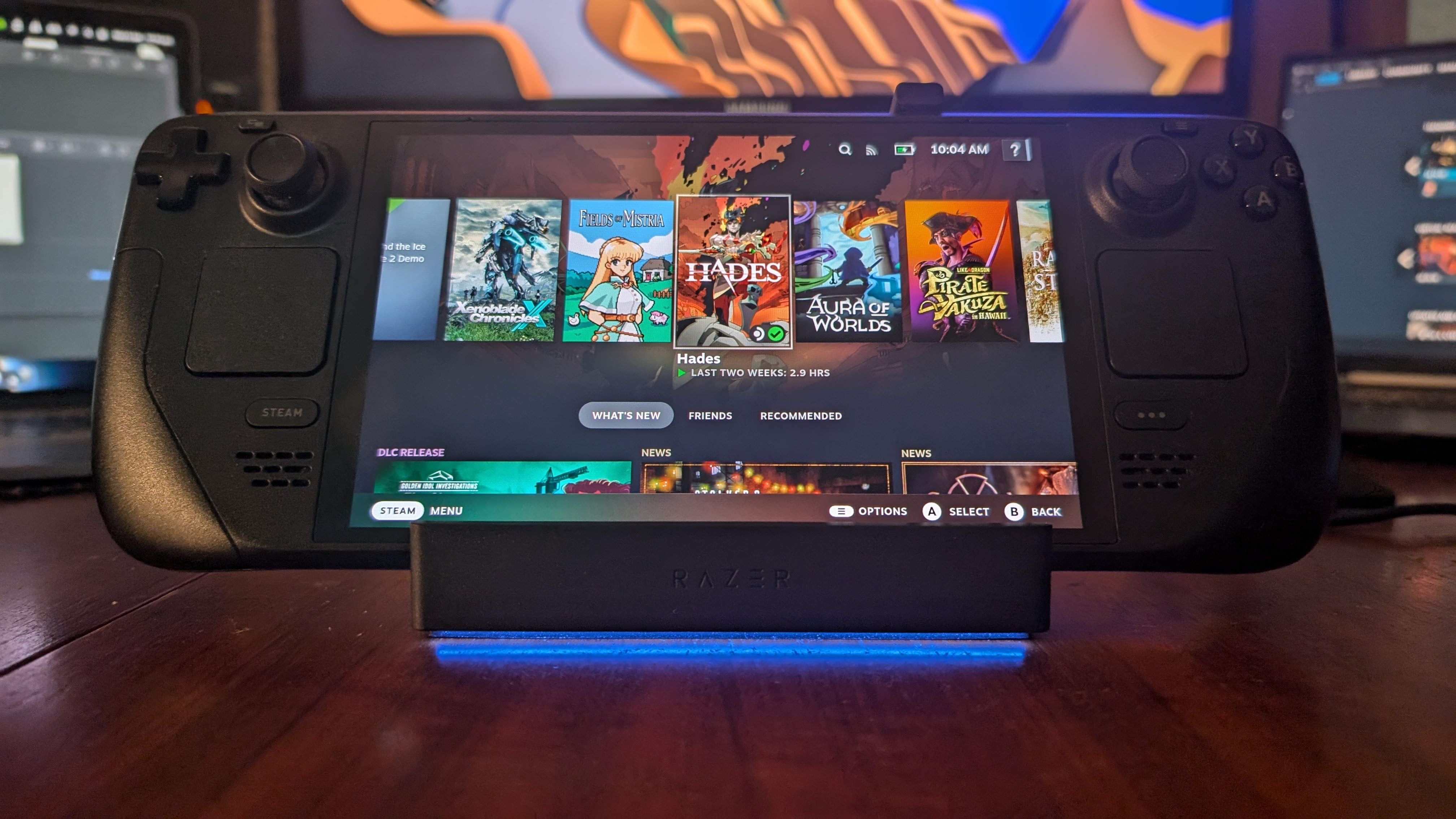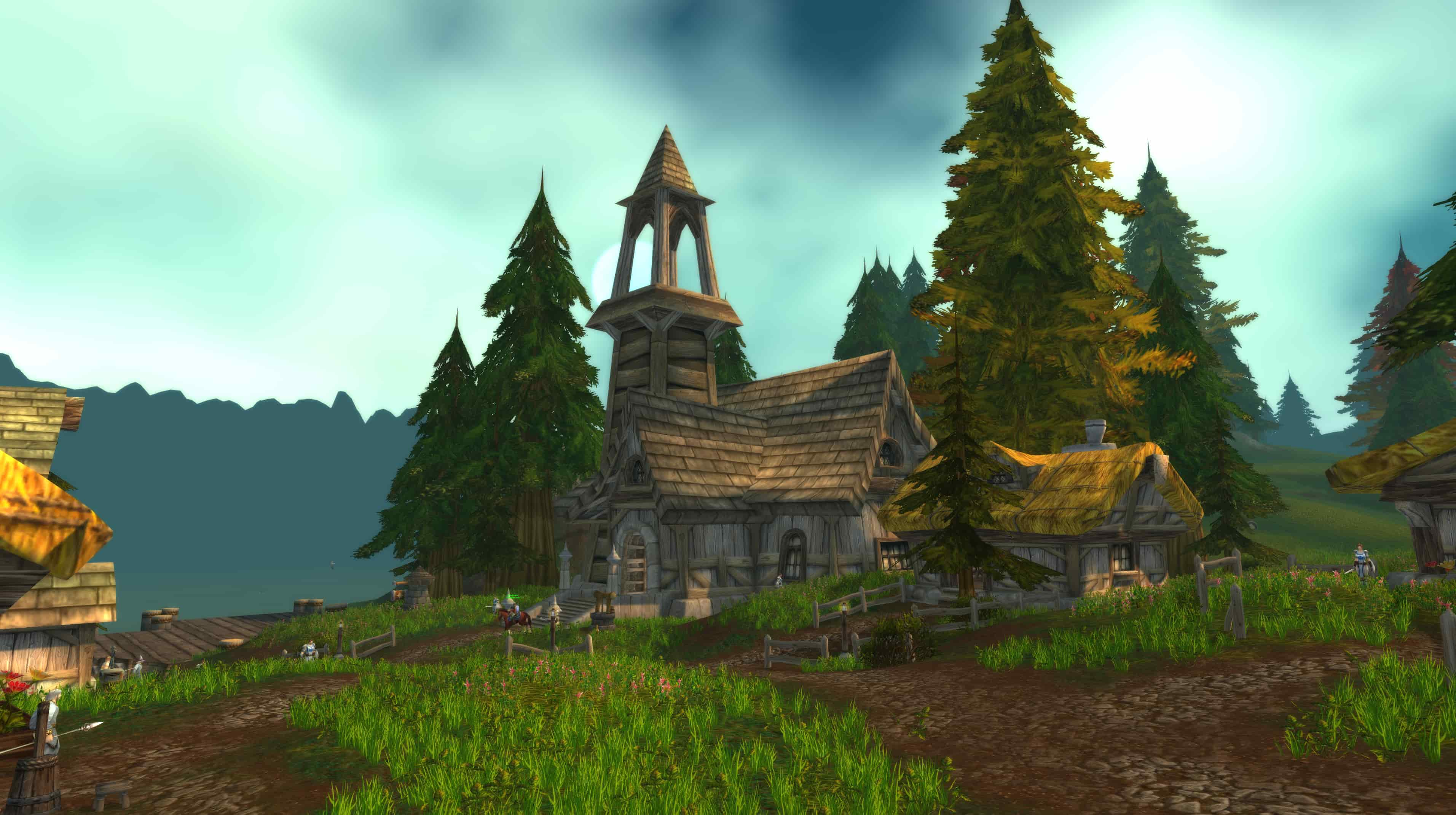
Spencer and other tech executives are not particularly upbeat about the current state of the metaverse.
The metaverse is exciting, it’s mystifying, but above all else, it’s kind of a mess. Meta CEO Mark Zuckerberg got brutally dragged in August because of his horrific, dead-eyed meta-selfie; the beatdown resumed earlier this month when Zuck announced that Meta avatars would be getting legs. And it’s not just the online hoi polloi who don’t care for the current state of things. Speaking at today’s WSJ Tech Live 2022 conference, Xbox boss Phil Spencer said the metaverse is “a poorly built videogame.”
“If I think about videogames, for years we’ve been putting people together in 3D spaces to go and save the world from invading aliens, or conquer the castle,” Spencer said. “Building a metaverse that looks like a meeting room, I just find that’s not where I want to spend most of my time.”
Palmer Luckey, who co-founded Oculus VR in 2012—the company that would provide the nucleus for Meta’s Reality Labs business—was more bluntly skeptical in his assessment of Meta’s Horizon Worlds, comparing it to a “project car” that Zuckerberg is pouring unreasonable amounts of money into in pursuit of a vision. “I don’t think it’s a good product,” Luckey said. “It’s not. It’s not fun, it’s not good. I think actually most of the people probably on the team would agree that it’s not currently a good product.”
Interestingly, Improbable CEO Herman Narula seemed to agree with Spencer’s assertion that games are already mini-metaverses, but argued that the metaverse more broadly isn’t gaming-focused.
“Videogames already work well,” Narula said. “Videogames are great closed systems of value. If you enjoy Call of Duty or World of Warcraft, they’re going to keep on being fun for years to come. The metaverse is the idea, at least in my view, that you can start connecting these experiences together, and that’s a lot less interesting to game companies than it is to, say, sports leagues or fashion brands.”
That’s not an unreasonable take: Games do work pretty well as standalone worlds already, and most of the early efforts at crafting some form of metaversal experience seem more broadly focused: Walmart Land, for instance, or the Adam Savage thing that made Imogen cry (and, more importantly, convinced her that the metaverse could maybe work, someday.) Even so, Spencer said (via the Wall Street Journal) he thinks that online worlds will ultimately go in a more game-like direction: “I think [virtual engagement] will end up looking more like videogames than some of the models that I see from the metaverse today,” he said.
Regardless of what anyone thinks about it, right now Meta’s metaverse is bleeding badly. The company reported in today Q3 financial results (via MSNBC) that revenues generated by its Reality Labs business fell by almost half from the previous year, to just $285 million; it lost $3.67 billion in this quarter, compared to $2.63 billion in the same quarter last year. Total losses on the year have reached $9.4 billion, and Meta said it expects that “operating losses in 2023 will grow significantly year-over-year.”






